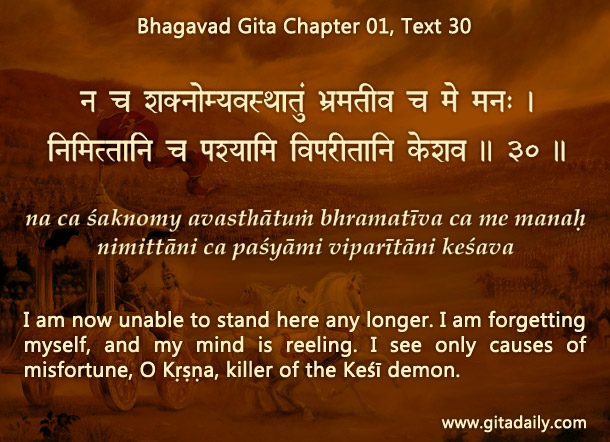There has been an alarming increase in the number of people, especially war veterans, suffering from PTSD (Post-Traumatic Stress Disorder). The cause of PTSD is generally thought to be the ghastly experiences during wars. But brutal wars have been fought throughout human history — wars that have left countless soldiers wounded and maimed. Yet there are not too many reports of people rendered dysfunctional by the emotional scars of past wars. Why is that?
Could it be that in the past, PTSD went undiagnosed due to a shortage of mental healthcare resources? That’s possible, but the sheer number of PTSD patients nowadays suggests that the fragility of the human psyche may have increased. This suggestion is not meant to label trauma patients weak or weak-willed; it is meant to open us to explore other causes of PTSD: causes such as the lack of meaning in today’s world.
We humans develop a robust psyche when we function within frameworks of meaning that bring purpose into our lives and thereby foster tolerance to suffering endured in the pursuit of that purpose. For example, when people are fighting a war to protect their country, their actions function within that framework of meaning: their love for their country. While not everyone may have the same degree of love for their country and not everyone may act with equal nobility when fighting for their country, still, their patriotic vision gives people a sense of meaning and purpose which, to some extent at least, makes whatever suffering they encounter meaningful and thereby bearable.
But suppose young people are thrust by their political rulers into regime change wars in faraway countries. Such wars are fought not to protect their national security interests, but to further the interests of the military-industrial complex. In such wars, soldiers encountering the horrors of war are traumatized not just by the suffering, but also by the pointlessness of that suffering. “Why did my colleague have to die? What is the point of this fighting? Why are we even here?” Such questions, when unanswered, can be far more crippling for our spirit than are crippling wounds sustained by our body.
Pertinently, it could be said that Arjuna at the start of the Bhagavad-gita (01.26-30) exhibited symptoms similar to those associated with PTSD. More precisely, what he experienced could be called pre-traumatic (not post-traumatic) stress disorder because he experienced unbearable stress before the war began. When faced with a fratricidal war, his framework of meaning centered on caring for his dynasty collapsed, leaving him purposeless and paralyzed (01.30).
Thankfully, the Gita provided him with a bigger worldview within which he found a sense of both universal meaning, and personal purpose. This, in turn, fortified his determination for the difficult duty of fighting a war against aggressors who happened to be his relatives. Though Gita wisdom didn’t remove his suffering, it removed his trauma — by enabling him to find meaning in his suffering.
Gita wisdom stands ready to equip all of us with a similar shield of meaning and purpose so that we too can face life’s stresses and distresses without being traumatized.
Summary:
Trauma is caused not just by the presence of suffering but also by the absence of meaning — even if we can’t avoid suffering, we can protect ourselves from trauma by finding meaning in suffering.
Think it over.
- What is often thought to be the cause of PTSD? What’s lacking in that analysis?
- How can a deeper analysis reveal a different cause of PTSD?
- How can Bhagavad-gita wisdom protect us from trauma?
***
01.30: I am now unable to stand here any longer. I am forgetting myself, and my mind is reeling. I see only causes of misfortune, O Krishna, killer of the Keshi demon.
Audio explanation of this article is here: https://gitadaily.substack.com/p/how-to-deal-with-trauma
To know more about this verse, please click on the image

Leave A Comment